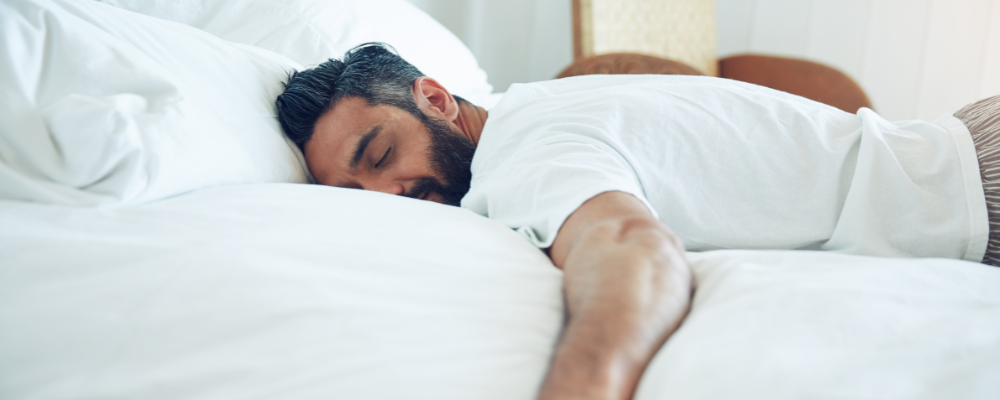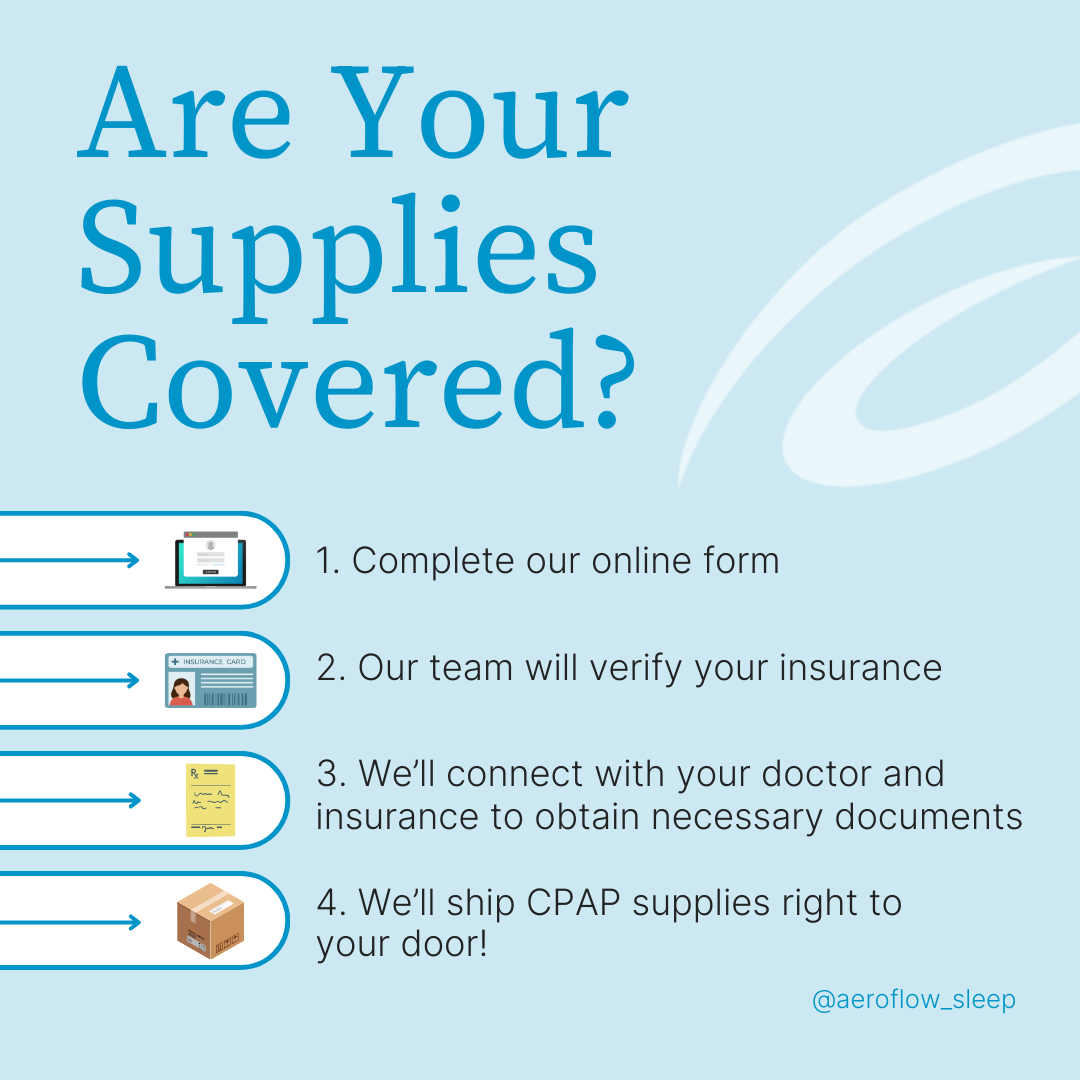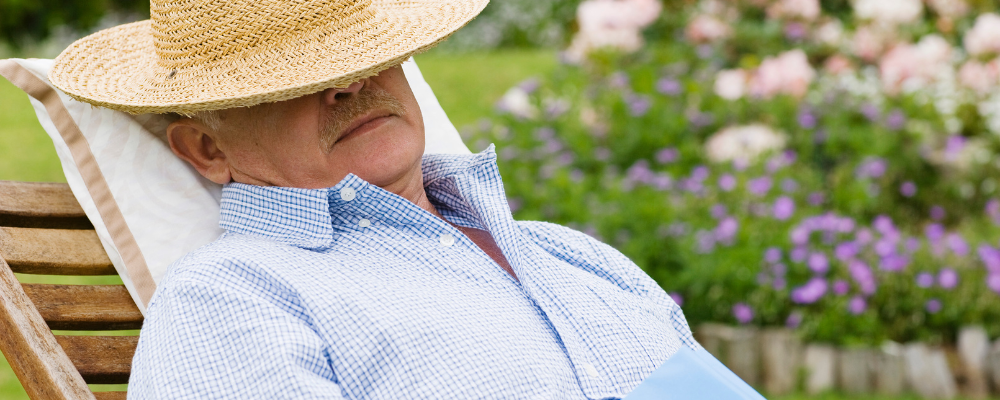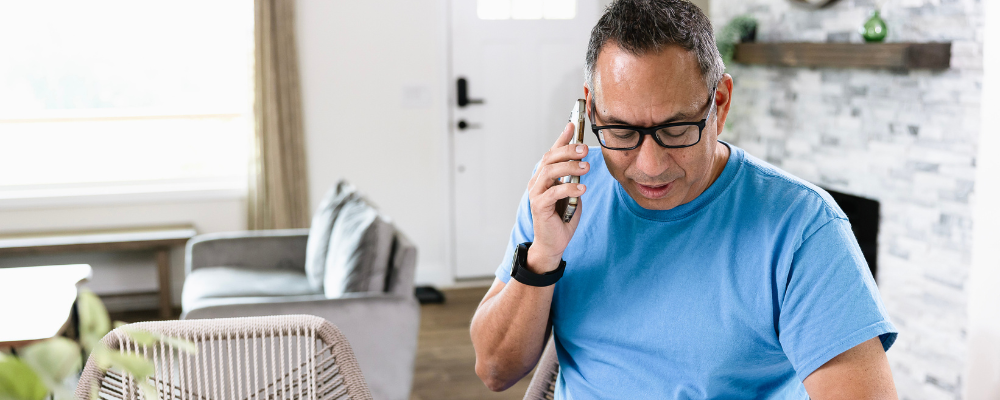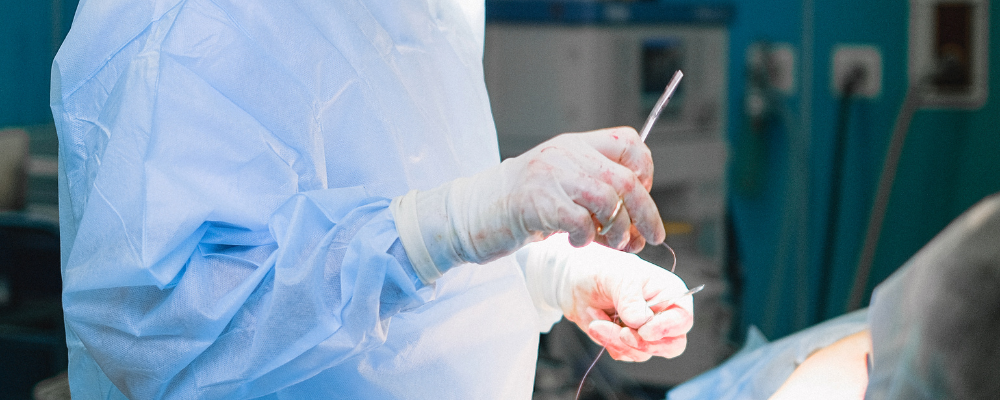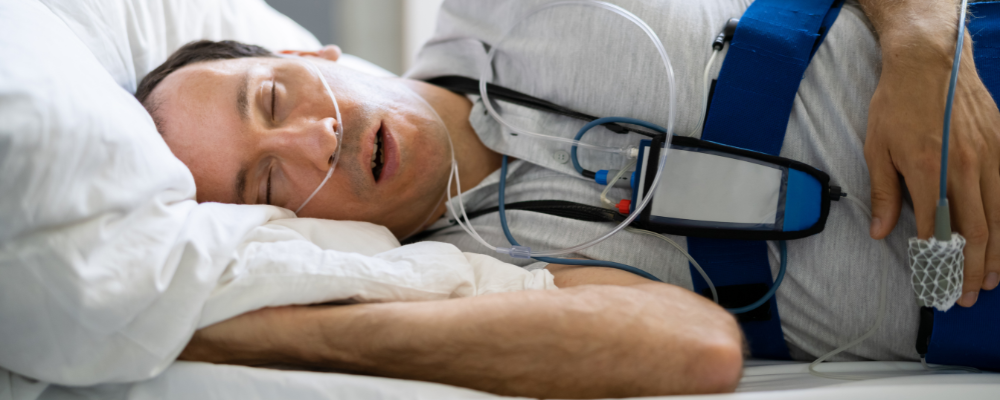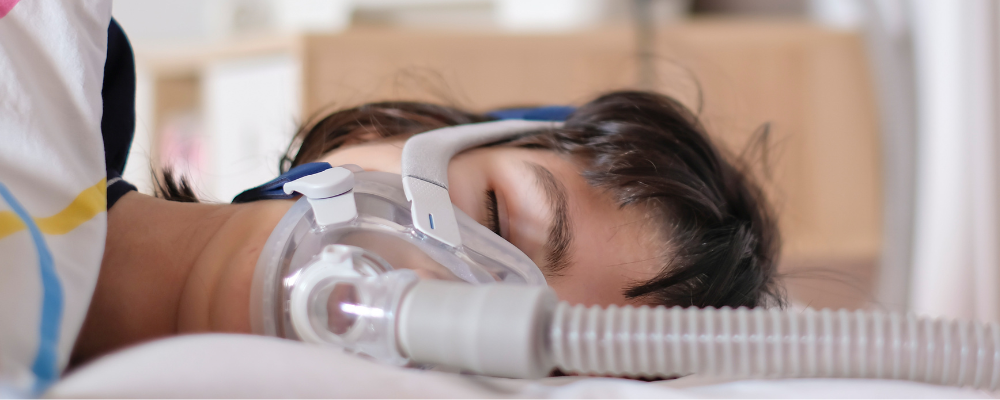Did you know that there are over 80 different types of sleep disorders? Maybe that amount of medical conditions doesn’t surprise you, but what if we told you that more than 50 million people in the United States alone have been diagnosed with some form of a sleep disorder?
The truth is that there is a high prevalence of sleep disorders, and because these disorders occur while you’re sleeping, it can be very difficult to identify if you have one or not.
In an effort to raise awareness, we’re highlighting two different sleep disorders in today’s blog: narcolepsy and sleep apnea. Keep reading as we break down the differences, similarities, warning signs, and treatment options for both.
What Is Narcolepsy, And Is Narcolepsy A Disability?
Narcolepsy is a sleep disorder that causes excessive daytime sleepiness (EDS) throughout the day and makes it difficult to stay awake for long periods of time. This excessive sleepiness often leads to “sleep attacks,” which are moments when the body suddenly falls asleep and stays asleep.
According to the American Academy of Sleep Medicine, narcolepsy is classified as a hypersomnia, or a sleep disorder where daytime sleepiness is identified as a major symptom. There are two different types of narcolepsy; the difference between the two has to do with the levels of hypocretin in the body. Hypocretin, or sometimes called orexin, is a chemical that occurs naturally in the brain. This chemical helps the body regulate wakefulness, and it tells the body when to enter rapid eye movement (or REM) sleep.
Narcolepsy type 1 is caused by low levels of hypocretin, while narcolepsy type 2 is identified when there are symptoms of narcolepsy without low levels of hypocretin. Experts have a better understanding of what causes narcolepsy type 1, while narcolepsy type 2’s cause is still widely unknown.
Regardless, it is rare and impacts less than 1% of men and women. Aeroflow Sleep Science Advisor, Dr. Chris Allen, also adds that narcolepsy type 1 is “often linked to an autoimmune destruction of hypocretin-producing neurons in the brain.” Thus, narcolepsy can cause significant impairments to daily life, so in severe cases, it may qualify as a disability.
What Are The Symptoms Of Narcolepsy And Sleep Apnea?
The Mayo Clinic identifies the most common symptoms of narcolepsy as…
- Excessive daytime sleepiness
- Cataplexy (or sudden loss of muscle tone)
- Sleep paralysis
- Hallucinations (including hypnagogic hallucinations, which occur as you fall asleep)
- Changes in rapid eye movement (or REM) sleep
Sleep apnea, on the other hand, can cause different symptoms; such as loud snoring, excessive and chronic daytime sleepiness, hypertension, etc. But what do these sleep disorders have in common, and is it possible for them to be mistaken for one another? In the next section, we have the answer.
Can Narcolepsy Be Misdiagnosed As OSA?
Narcolepsy can often be misdiagnosed with obstructive sleep apnea (OSA) due to their similarities. More specifically, narcolepsy and sleep apnea can both cause excessive daytime sleepiness, difficulty concentrating, memory issues, and—in extreme cases—falling asleep while completing routine tasks; like drowsy driving.
Furthermore, these two sleep disorders both share obesity, or having a high body mass index, as a risk factor. However, Dr. Allen shares, “While obesity is a significant risk factor for obstructive sleep apnea, its role in narcolepsy is less direct and could involve factors like lifestyle changes, due to excessive daytime sleepiness.”


While they may overlap in some symptoms and risk factors, sleep apnea is ultimately different from narcolepsy, because sleep apnea is a form of sleep-disordered breathing. Put simply, sleep apnea occurs when your body stops breathing during sleep. Narcolepsy does not. Dr. Allen also highlights the importance of symptom context, adding that “cataplexy is unique to narcolepsy and a key differentiator from sleep apnea.”
For an accurate diagnosis of narcolepsy or sleep apnea, your doctor may recommend a polysomnography, also known as a sleep study. Another test, used to diagnose narcolepsy, is a multiple sleep latency test (or MSLT), which measures sleepiness, sleep-wake cycles, and how quickly REM sleep begins. Dr. Allen specifically mentions that examining the “hypocretin level measurement in the cerebrospinal fluid (CSF)” may also be used for a narcolepsy type 1 diagnosis. This and MSLT will not diagnose OSA.
Is Narcolepsy With Sleep Apnea Possible?
It is possible to have narcolepsy and sleep apnea at the same time though. In fact, one study suggests, “Obstructive sleep apnea…frequently occurs in people who have narcolepsy, which can delay the proper diagnosis and management of symptoms.” Because it is possible to have both sleep disorders, it is important that you test for each and actually treat each appropriately.
How Do You Treat Narcolepsy And Sleep Apnea?
Narcolepsy is incurable, but there are treatment options available to help manage symptoms. Your doctor may recommend a medication like modafinil or armodafinil, which are stimulants that promote wakefulness. If one of your symptoms is cataplexy, your doctor may recommend other medications; like sodium oxybate. Dr. Allen explains that “sodium oxybate is effective for both excessive daytime sleepiness and cataplexy.”
Sleep apnea is also treatable but not curable. Treatment options for sleep apnea include continuous positive airway pressure (CPAP), oral appliances, surgery, and implants. There are many options available for sleep apnea than narcolepsy; including lifestyle changes.
Dr. Allen shares, “Lifestyle changes—such as weight loss, sleeping position adjustments, and avoiding alcohol before sleep—can all significantly impact sleep apnea symptom management.” Still, most sleep medicine professionals believe CPAP is the best, sole treatment.
If you have narcolepsy and/or sleep apnea, it is important to reach out to your healthcare provider to determine a treatment plan that is right for you. Then, Aeroflow Sleep can help you get the PAP supplies you need, covered up to 100% through insurance. Know that you are not alone, and we are here to support you where we can!
References
“Sleep Disorders.” Cleveland Clinic, Cleveland Clinic, 19 June 2023, my.clevelandclinic.org/health/diseases/11429-sleep-disorders.
“Narcolepsy.” American Academy of Sleep Medicine, American Academy of Sleep Medicine, 2008, aasm.org/resources/factsheets/narcolepsy.pdf.
“Narcolepsy.” National Institute of Neurological Disorders and Stroke, U.S. Department of Health and Human Services, 28 Nov. 2023, www.ninds.nih.gov/health-information/disorders/narcolepsy.
“Narcolepsy.” Mayo Clinic, Mayo Foundation for Medical Education and Research, 14 Jan. 2023, www.mayoclinic.org/diseases-conditions/narcolepsy/symptoms-causes/syc-20375497.
Sansa, Gemma et al. “Obstructive sleep apnea in narcolepsy.” Sleep medicine vol. 11,1 (2010): 93-5. doi:10.1016/j.sleep.2009.02.009
Mirabile VS, Sharma S. Cataplexy. [Updated 2023 Jun 12]. In: StatPearls [Internet]. Treasure Island (FL): StatPearls Publishing; 2024 Jan-. Available from: https://www.ncbi.nlm.nih.gov/books/NBK549782/.


